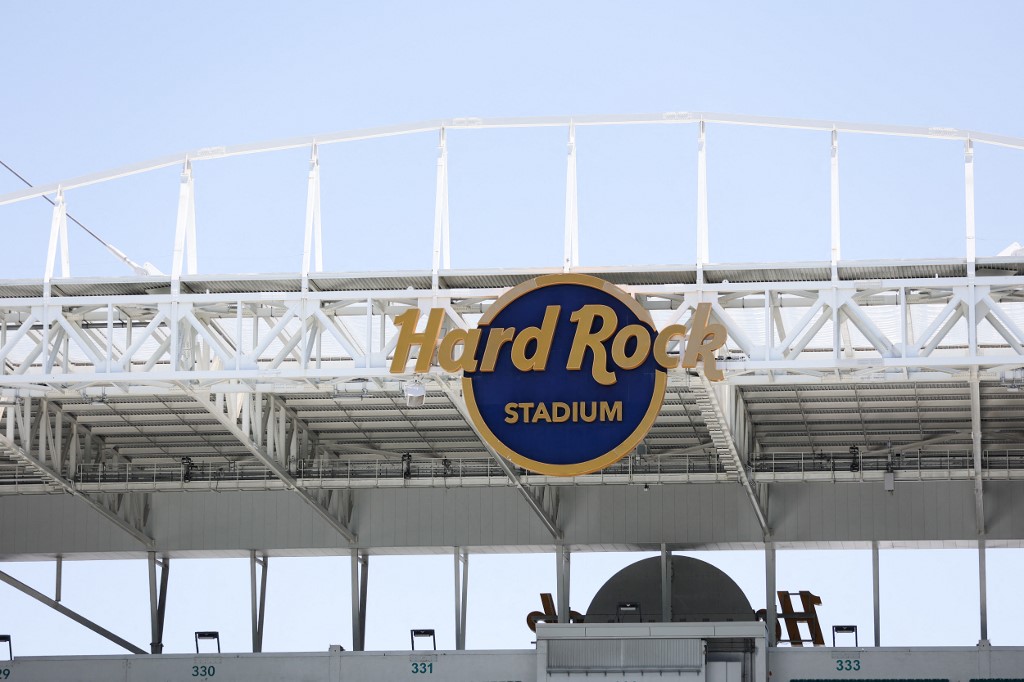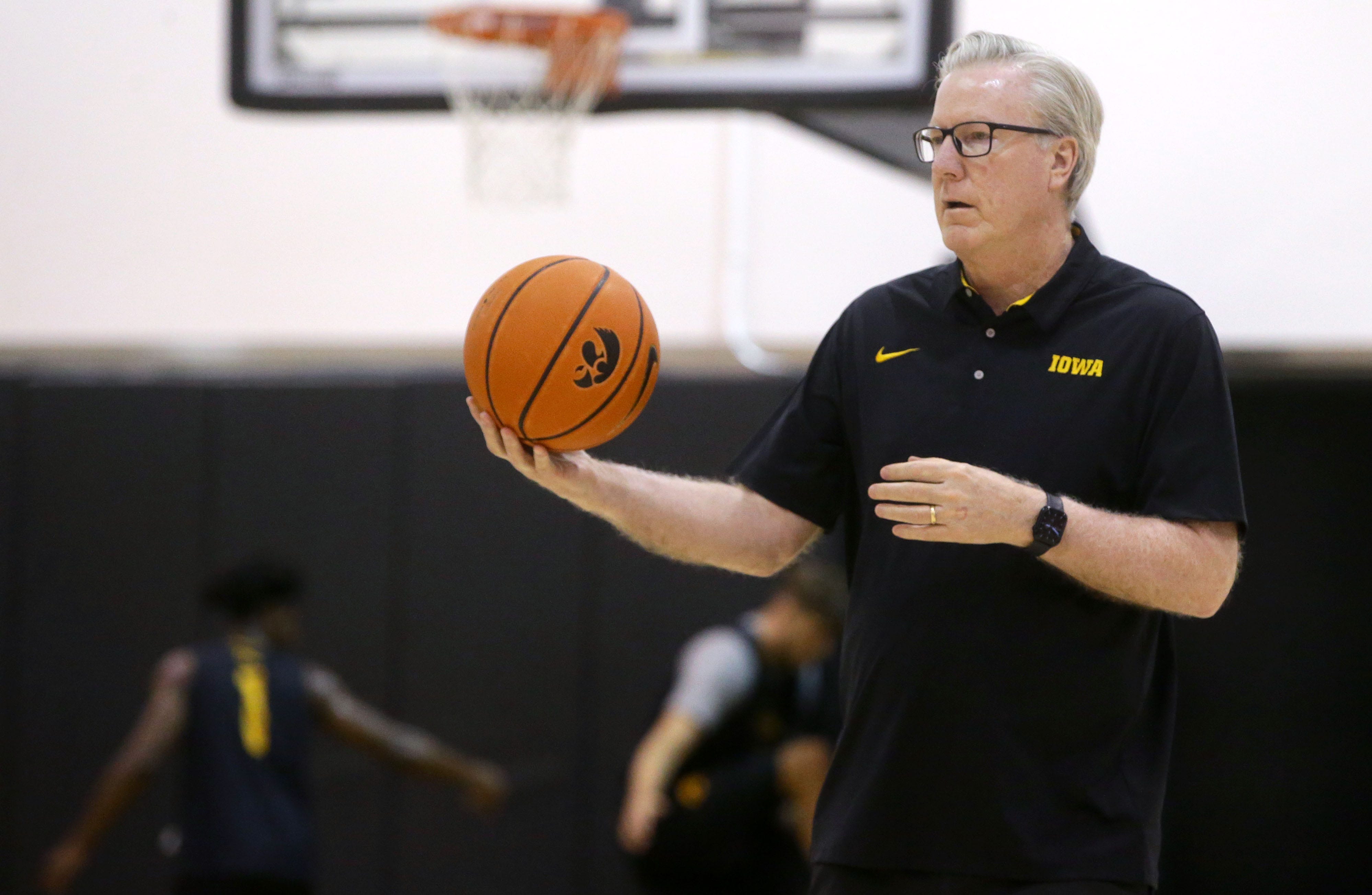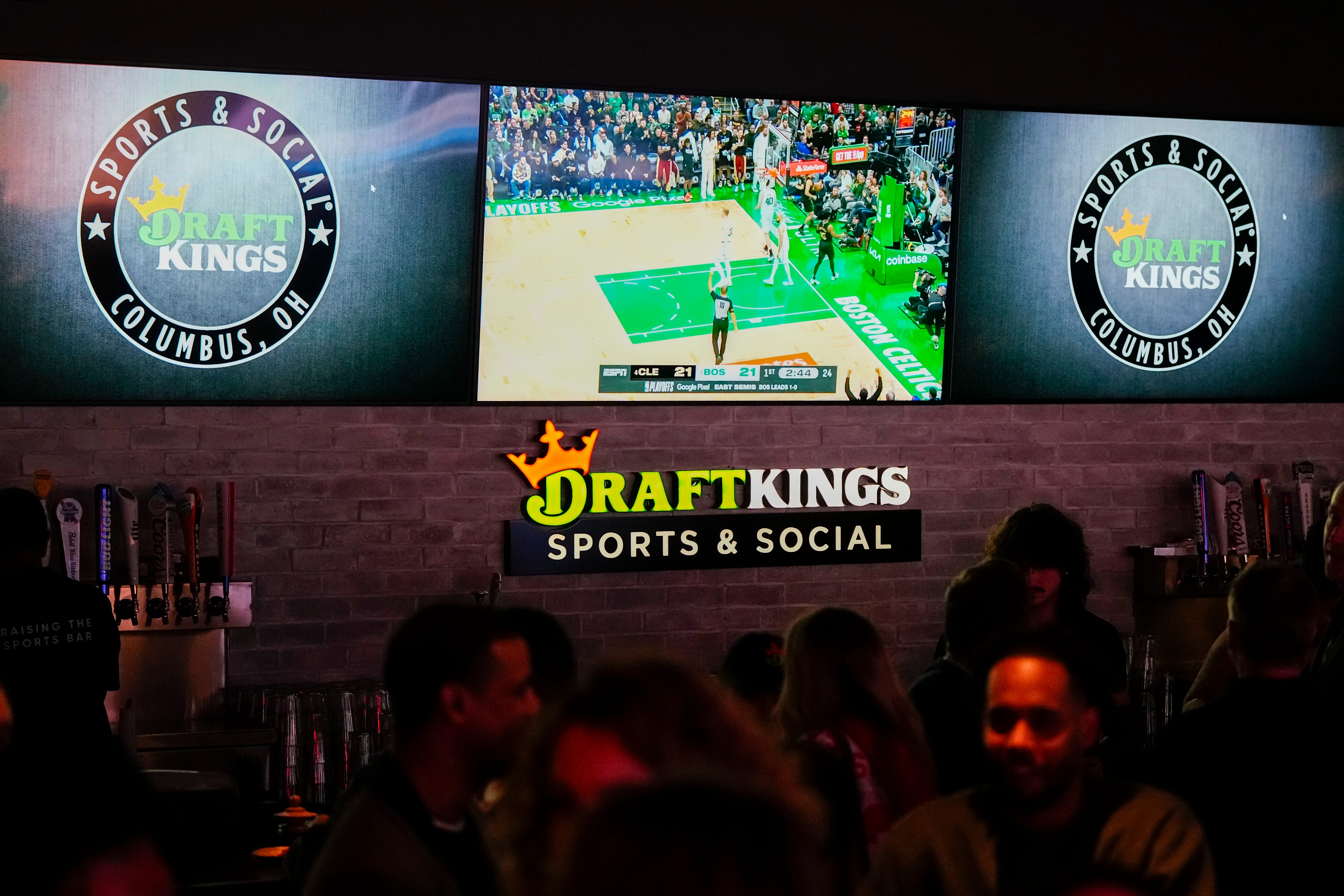Appeals Court Shoots Down Challenge to Legal Sports Betting Parameters in Florida

On Monday, significant news emerged from Florida regarding the state’s fluctuating legal sports betting status. The state’s federal appeals court rejected an attempt to invalidate a previously agreed-upon gaming compact between Florida and the Seminole Tribe.
In 2021, Governor Ron DeSantis expanded the Seminole Tribe’s control over the gambling industry in Florida to include sports betting. Shortly after, the Seminole Tribe introduced their Hard Rock legal sports betting platform, but it was abruptly shut down after just 34 days due to legal challenges.
The renegotiated compact was met with controversy at the time and continues to be a point of contention for some, particularly the parties that have been disputing the validity of the agreement.
The ruling on Monday may have cleared the way for a swift implementation of legal sports betting in Florida, with the Seminole Tribe’s Hard Rock Bet appearing poised for a quick launch. The earliest possible date for Hard Rock Bet to begin operating is September 18th.
In a statement, the Seminole Tribe addressed the ruling.
The Seminole Tribe of Florida is happy with the denial of the request for an en banc hearing by the D.C. Circuit Court of Appeals, according to the statement.
At stake
The Seminole Tribe holds the key to the largest and most thrilling sports betting market in the nation. With exclusive rights to all legal sports betting in the state, the tribe stands to reap significant rewards from any potential legalization of sports wagering.
The Seminole Tribe is expected to pay the state $2.5 billion in the first five years and an estimated $6 billion over 10 years in order to have the authority to oversee legal sports betting in the Sunshine State.
Other entities have been competing for a piece of the lucrative market that a legal sports betting platform in Florida could offer. The latest challengers who sought a rehearing on their objections to the compact were ultimately unsuccessful.
Pari-mutuel operators have been engaged in ongoing battles against the Seminole Tribe compact, despite some notable successes. It appears that the conflict will persist in the future.
With a population of 21.5 million, Florida is the third largest state in the U.S. It boasts a variety of professional sports teams and a thriving tourism industry that attracts roughly 120 million visitors annually. Once legalized, sports betting in Florida would quickly become one of the largest markets in the country.
A legal sports betting platform in Florida is projected to generate around 2,200 new jobs and contribute between $500 million and $600 million annually to state and local tax revenues.
At issue …
West Flagler Associates’ request for a rehearing in their Florida sports betting case was denied by the U.S. Court of Appeals for the District of Columbia District. They objected to the Seminoles’ virtual monopoly of the gambling industry in the state and argued that the Department of Interior did not properly approve the agreement.
The Associates had requested an en banc hearing, which involves all members of the court. However, none of the judges on the panel agreed to hear the request.
The ruling affirms a June court decision that upheld the 2021 compact signed between the State and the Seminole Tribe.
It is likely that the issue will soon be taken to the Supreme Court.
So, what now?
Although there are still legal hurdles to overcome, legal sports betting in Florida has never been closer to becoming a reality.
It is now up to the Seminole Tribe to decide whether to launch a legal sports betting platform in time for Week 3 of the profitable NFL season.
Once again, Floridians are in a holding pattern as they wait to see if a legal sports betting platform will be approved. This platform has the potential to benefit the state’s professional sports teams, eager bettors, and tax revenues, as it is already legal in 37 other states.







